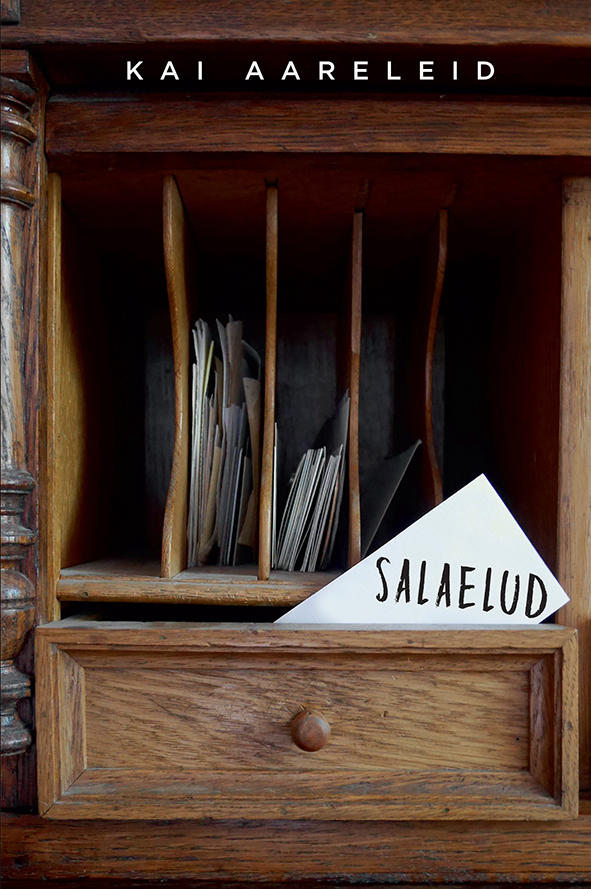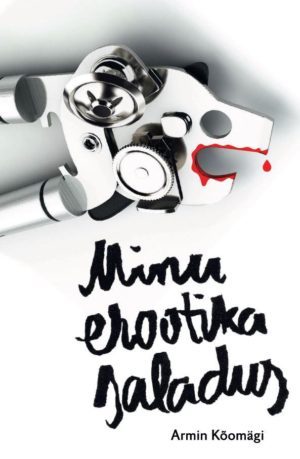Varrak, 2018. 152 pp.
ISBN 9789985345016
Kai Aareleid’s first short-story collection Secret Lives comprises novellas and miniatures written from 2010–2018. The collection includes the 2013 Friedebert Tuglas Short-Story Award winner “Tango”. Every story is connected by a point of surprise that ties the various plots together into a seamless whole.
In many cases, the female protagonists bear a resemblance to the author herself: take for example the opening story “Innocence”, which details the narrator’s first encounter with death. It is a beautiful and painful tale of young friendship that, unfortunately, isn’t allowed to “grow old”. At the book’s release event in October 2018, the author mentioned that she sent her daughter “Innocence” to read. Teary-eyed, Aareleid’s daughter asked why she wrote such sad stories. I have to admit that my eyes didn’t stay dry, either. You’ve been warned.
Aareleid’s stories “Innocence” and “The White Dress” also come off as farewells. In the first, the narrator must say goodbye to a friend; in the second, to her dear mum. The title of the book itself also hints at facets of the author’s personal life. Thus, with the other stories as well, the reader is inclined to ask: is Aareleid herself the one putting on a tango dress for a night at the theater? Has she been a mistress, or rather the one cheated on with secret lovers? At the same time, the art of writing naturally allows an author to experience these (and many other) situations from their desk, which could similarly be a hint that shimmers behind the book’s title.
Aareleid has an incredible talent for misleading the reader – meant in the best way possible. For example, at the beginning of “Fugue”, we read about thoughts that have been keeping Kristin up at night since her divorce. Halfway through the story, we suspect the character might have amnesia, and by the end, it seems like the execution of a perfect crime. The author insinuates where the story might lead, and then takes an entirely different direction. I might add that the ending of “Fugue” (and several of Aareleid’s other stories) is open-ended: readers are left alone with their imaginations to contemplate what happens next.
All in all, I wasn’t prepared for this book. It came, surprised me, brought tears to my eyes, made me laugh, and then set me free again. As free as one can be after a literary experience that shakes you to the core. Be prepared.
Elisa-Johanna Liiv studies cultural theory, Japanese language, and life around her. She spends a great deal of her time on trains, often in the company of books. Together with a friend, Liiv is the co-founder and co-spirit behind the independent Tallinn bookstore Puänt.





